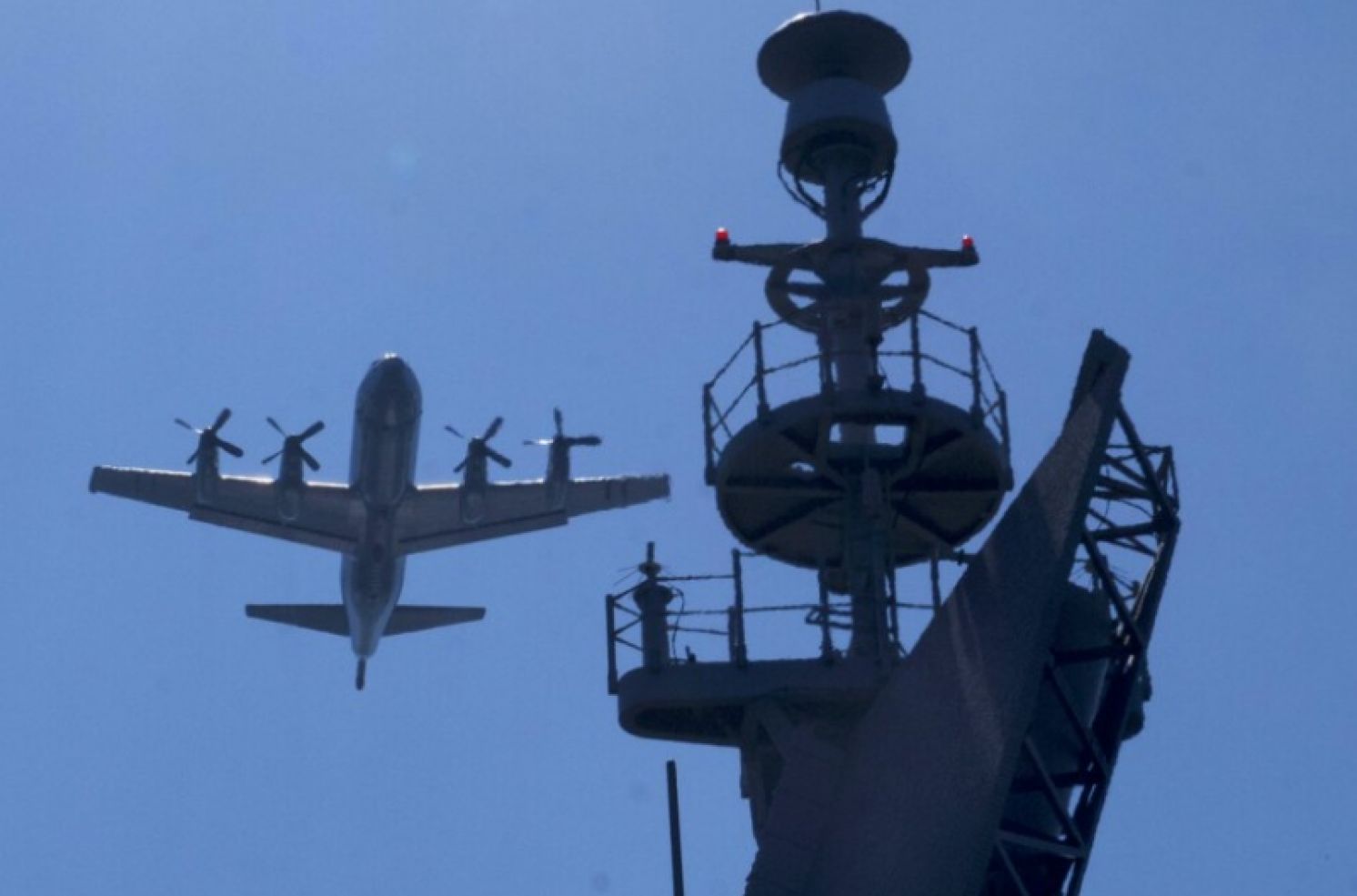
This Week in Taiwan 0625-0701
June 25: Former President Ma Ying-jeou invited mainland Chinese students from Peking, Tsinghua, Fudan, Wuhan, and Hunan universities to come to Taiwan in July for student exchanges. The Ministry of Education recently issued a document to the five universities in Taiwan willing to host the mainland students, asking the schools to propose a security plan to ensure the safety of instructors and students on campus. The move was criticized as imposing a technical barrier.
June 25: According to the Wall Street Journal, during his visit to Beijing in June, Secretary of State Antony Blinken of the United States discussed with Chinese officials Taiwan's presidential election next year. Beijing would like to test Washington's position on Democratic Progressive Party (DPP) presidential candidate, Vice President William Lai, and try to forge bilateral cooperation on Taiwan's presidential election.
June 26: The summer travel fair debuts this month. The organizers invited directors or deputy directors of tourism from nine provinces in mainland China to participate in the exhibition, but after a joint review by the Mainland Affairs Council; National Immigration Agency, Ministry of the Interior; and Tourism Bureau, Ministry of Transportation and Communications; the government rejected and would only allow travel and tourism firms to come to Taiwan. The results of the joint review meeting are regarded as a glimpse into the official stance on resuming cross-strait tourism. According to industry observers, the move may turn the prospects of cross-strait tourism returning to normal even more pessimistic.
June 27: The Armed Forces will hold the Han Kuang exercise in July and for the first time perform an anti-aircraft landing drill at Taoyuan International Airport. On July 12, 19, and 26, rehearsals and drills will be held from 9 AM to 10 AM. During this period, the north and south runways of the airport will be closed, and international aviation notifications will be issued to the surrounding airspace for control.
June 28: The National Communications Commission approved the change of directors and supervisors of Mirror TV and the launch of its cable television channel. Mirror TV became the only news station in Taiwan that was granted a license in the past decade. However, disputes continued during the review process. As soon as Mirror TV obtained its license, there was a major "earthquake" in management. Within a month, the company switched its chairman of the board four times. It was also reported that the Office of the President intervened during the review process, generating doubts. The Kuomintang (KMT) intends to file a "tentative provisional status" sanction with the Administrative Court such that Mirror TV's license be re-examined after the prosecution and Control Yuan conclude the investigation into the corruption case involving NCC Chairman Chen Yaw-shyang.
June 28: KMT presidential candidate Hou Yu-ih reorganized his campaign team and invited King Pu-tsung, a key member in the administration of President Ma Ying-jeou and former secretary-general of the National Security Council, as the executive director of his campaign team to coordinate electoral affairs. When asked if his new position had any overlapping responsibilities the "head coach," party Chairman Eric Chu, King stated that Chu is the team boss. Observers interpret this as requesting Chu to hand over his leadership of the campaign.
June 29: The Ministry of National Defense announced the results of a procurement bid. Taiwan and the United States have completed signing the procurement of the volcanic mine systems, with a total value of NT$4.5 billion (about US$146 million) and delivery completed by the end of 2029. When the United States announced the sale of the Volcano Vehicle-Launched Scatterable Mine Systems at the end of last year, domestic public opinion questioned the idea of turning Taiwan into a "mine island."
June 30: The Institute for Economics and Peace (IEP) released the latest Global Peace Index (GPI). According to the report, if China were to blockade Taiwan, global output may suffer $2.7 trillion in losses, almost double that caused by the 2008 global financial crisis.